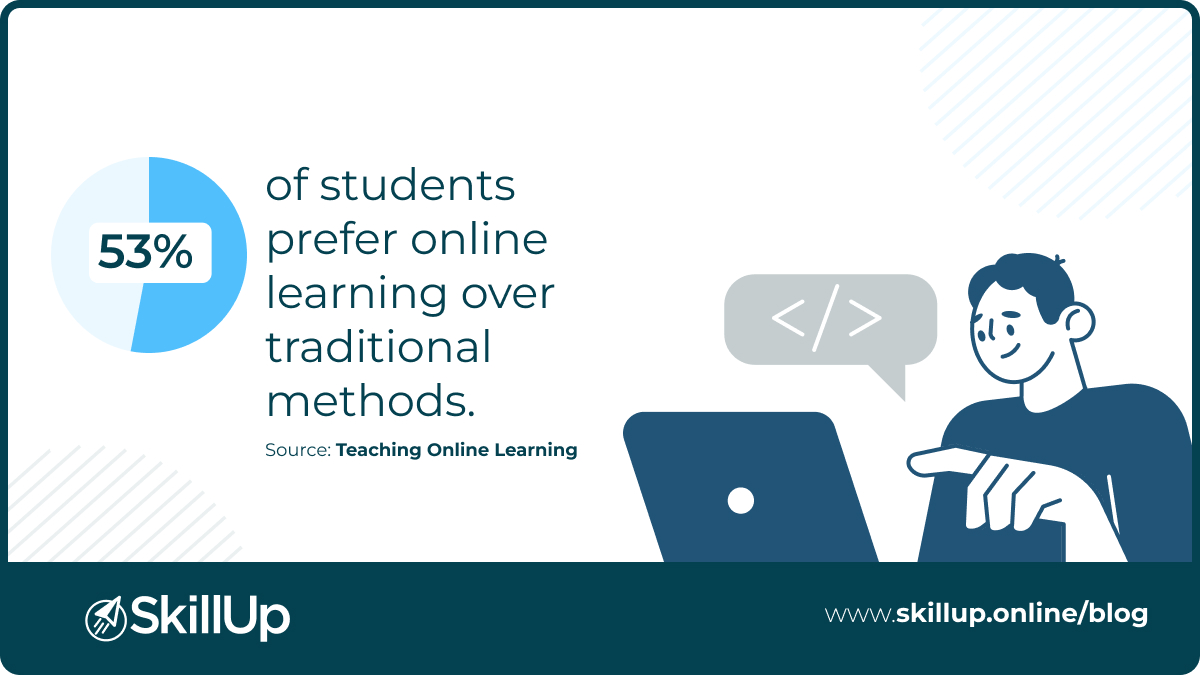The IT profession has been getting a bit more crowded as of late. Technology’s impact on our day to day lives is growing and that means that up and reskilling is more competitive than ever.
Whether you’re going in for your first job or applying for a promotion, there are a couple of old standbys that you can expect hiring managers of all sorts to be looking for: Reliability, honesty, and work ethic are a great start. But when it comes to technical or IT recruiters and hiring managers, what really makes each candidate stand out?
Without further ado, let’s delve into what IT hiring managers are looking for in prospective hires.

Soft Skills
Let’s face it, the IT field has a little bit of a reputation. As the impact of tech grows, that stereotype is fading away. To be effective in IT, it now requires more interdepartmental engagement and cooperation than ever before. That means IT workers who stand out with “Soft Skills” like leadership, communication, and teamwork, tend to excel.
Leadership experience is indispensable when applying for more senior/lead roles. While you may not have extensive experience in tech (especially if you’re switching from a different industry), your previous experience can help you perform better in a tech role.
For instance, management-level experience in health, finance, retail, or construction can boost your chances of landing a lead role (such as a project manager) in a tech company. This is advantageous for professionals over 40 in other industries who are considering switching careers and getting a job in tech.
Other soft skills IT recruiters look out for include
- Empathy
- Personable/likable
- Good communicator
- Clear thinker
- Good judgment
- Organized
- Empathy
- Confidence
- Positive outlook
- Professionalism
While these skills are difficult to capture in a resume, you should be able to demonstrate these qualities during an in-person interview with the recruiter.
Educational Background
While this myth has been in circulation for a while, you don’t need a computer science degree to commence a career in IT. A Stack Overflow survey shows that 56% of software developers do not have a computer science degree.
While studying computer science in college can boost your chances of getting hired, it’s no guarantee. In tech, accomplishments matter more than credentials. Other technical degrees, such as Mathematics, Statistics, Physics, Electrical Engineering, etc., have nearly the same weight as a CS degree when it comes to getting hired for an IT role.
What’s more, most IT hiring managers prefer candidates with IT certifications relevant to the job position. Such certifications demonstrate the aptitude of applicants in certain fields much better than a 4-year degree. Nonetheless, you should note that recruiters sometimes use degrees as a criterion to whittle down the candidate pool.

Certifications
The tech field often changes so rapidly, it’s sometimes hard for recruiters and hiring managers to keep up. Certifications teach valuable ongoing skills and ensure that the bearer has the blessing of a third-party institution. That’s why they’ve become a great proxy for individuals who are taking charge of their own continuing education and genuinely looking to be the best in their field.
Mix of Backgrounds
Having a tech background that includes contributing to fast-moving startups, but also having the chops to participate in a project at one of the big five is a huge plus. The mix is critical because it demonstrates a wide degree of latitude in approach and problem-solving skills.
 Tech Stack Match
Tech Stack Match
When reviewing resumes from the candidate pool, virtually all IT recruiters look for professionals who are skilled in the technologies used by the hiring firm.
Startups and smaller companies usually opt for versatile professionals who can adapt quickly to changing business and industry needs. This versatility enables startups to maneuver better and stay responsive to consumer needs and the evolving technology landscape.
Such firms prefer candidates who have worked in cross-functional teams and worked effectively in different IT capacities over a short period. On the other hand, larger firms looking to fill a senior role will want someone with extensive experience in a particular tech stack.
As such, your resume, LinkedIn profile, and online portfolio should detail the various kinds of technologies you’ve previously worked with and in what capacity. However, the best way to show your aptitude and experience with a particular tech stack is by obtaining relevant IT certifications.
Wrapping up
If you’ve sent tons of resumes for IT roles and feel like they’re being sucked into a black hole, chances are that you haven’t optimized your portfolio to show yourself in the best possible light.
By familiarizing yourself with what IT hiring managers are looking for, you can tailor your resume and online portfolio to match their expectations. While technical skills will get you through the door for an interview, you must demonstrate so much more to get picked for a role.
Soft skills are particularly handy for customer-facing tech roles such as sales engineers, help desk personnel, etc. You may also need to demonstrate your ability to collaborate and fit into a team for DevOps and Agile-oriented roles.
With the massive skills gap in the IT/Tech industry, now is the best time to acquire in-demand tech skills, get a desirable IT job, and quickly build a lucrative career.
You can begin your journey to an IT career on SkillUp Online’s learning platform. Whether it’s Artificial Intelligence to Data Science, Cloud, Data Analysis, or IT Support, we provide you with educational resources to get you started in your tech career.

CEO, SkillUp Group




